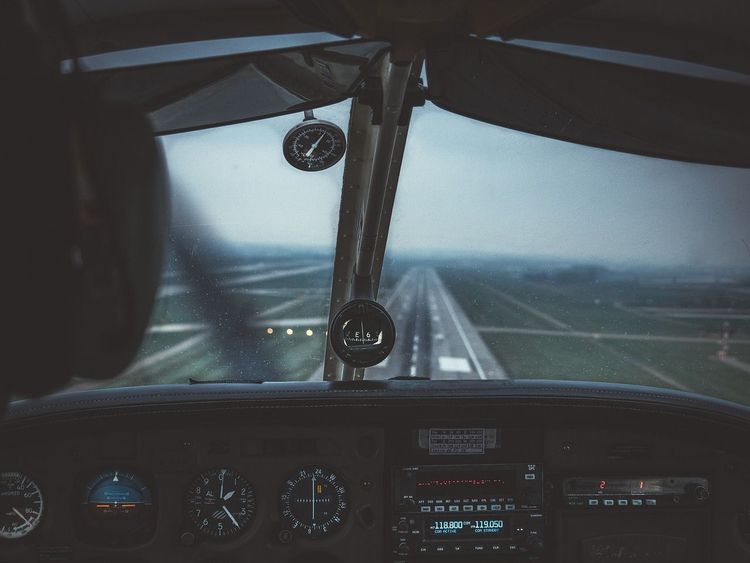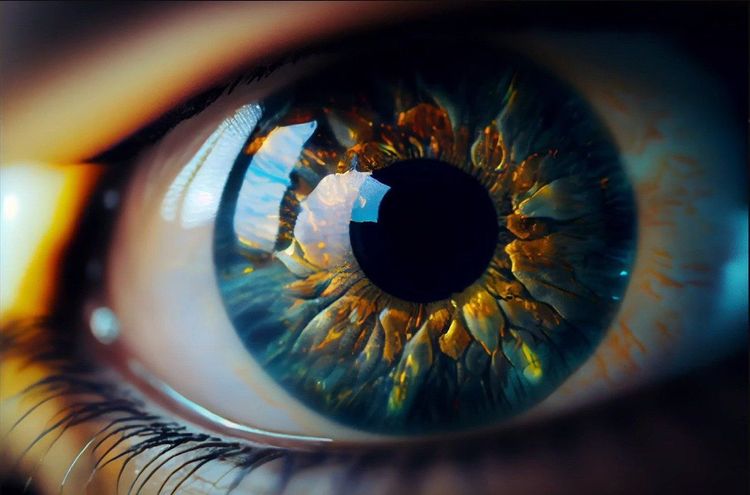AI and gaming have emerged as pivotal subjects at major conferences like Devcom, the game developer conference held annually before the Gamescom expo in Cologne.
At this year's event, I moderated a panel that delved into the complexities of intellectual property (IP) in gaming. We discussed fair use, copyright, and trademark laws, particularly in relation to AI-generated content. Legal experts debated whether using ubiquitous public domain images constitutes fair use. A significant discussion point revolved around a recent U.S. court ruling stating that AI creations cannot be protected by copyright without human involvement. This topic resonates with the SAG-AFTRA union's ongoing negotiations, which seek AI protections for voice and motion capture actors.
As AI companies rush to develop innovative technology for automating tasks, the legal and ethical debates surrounding these advancements have yet to catch up. It is crucial to address these issues proactively to avoid future regrets.
Our panel included:
- Pieter Koornhof, COO of 24-Bit Games
- Nav Sunner, CEO of Navatron
- Michal Pekala, partner in the technology department of Rymarz Zdort Maruta and head of Video Games & Entertainment practice
- Andrea Dufaure, counsel at A&O Shearman
Here’s a concise summary of our conversation.
Introduction:
- Pieter Koornhof: With a background in law and academia, Koornhof focuses on helping publishers port games across platforms, engaging in discussions on IP issues like modding and AI copyright.
- Nav Sunner: With 26 years in the industry, Sunner handles business, legal, and investment matters at Navatron, previously running a game studio.
- Michael Pekala: A Warsaw-based video game lawyer for over a decade, Pekala specializes in various legal aspects of game development.
Discussion Highlights:
- The panel explored the recent launch of Palworld, dubbed “Pokemon with guns,” prompting Nintendo to investigate IP rights, marking a rare public statement.
- Historical comparisons were made regarding Rockstar Games' challenges securing car rights due to the portrayal of vehicles in their games.
Key Legal Perspectives:
- Sunner: The notion of a specific percentage difference (like 60%) in creative works is a myth. What matters is the substantiality of the elements borrowed from original works, as determined in various copyright cases, including one involving Kraftwerk music.
- Dufaure and Koornhof: They noted that copyright protects creative expression, not ideas. Examples discussed included a hypothetical game involving creatures that echo existing properties, emphasizing that resemblance alone doesn't constitute infringement.
Recent Case Studies:
1. Woodworking Game Case: Voodoo's claim against a similar mobile game highlighted difficulties in proving infringement when generic game mechanics are involved.
2. Cube Surfing Case: This scenario involved similarities in design and gameplay layout, ultimately resulting in a ruling of infringement.
3. Sniper Game Case: Another Voodoo action raised questions about general trends in game design; the court found significant overlap among game elements.
AI in Game Development:
- The panel considered AI’s role in creativity and its challenges regarding copyright. Currently, many companies prohibit AI-generated content due to infringement risks. However, AI is increasingly utilized for quality assurance and bug detection.
Final Thoughts:
- The discussion underscored the complexity of legalities surrounding AI in gaming. As generative AI technologies evolve, the potential for legal disputes escalates. Game companies are currently navigating these murky waters, balancing innovation with protection of intellectual property rights.
With ongoing advances in AI, this discourse will continue to shape the landscape of gaming IP law, creating the need for vigilance and informed legal frameworks.







